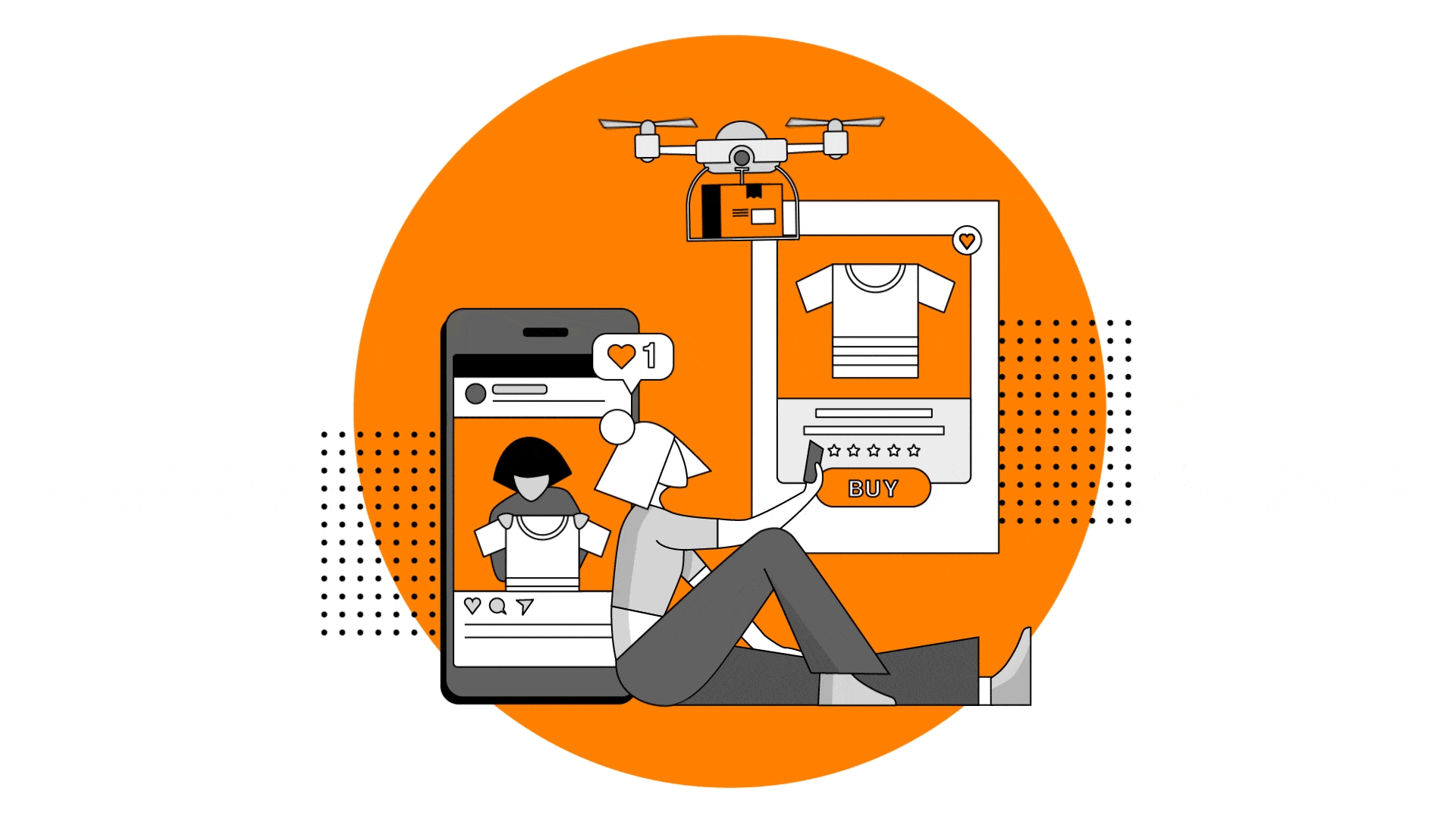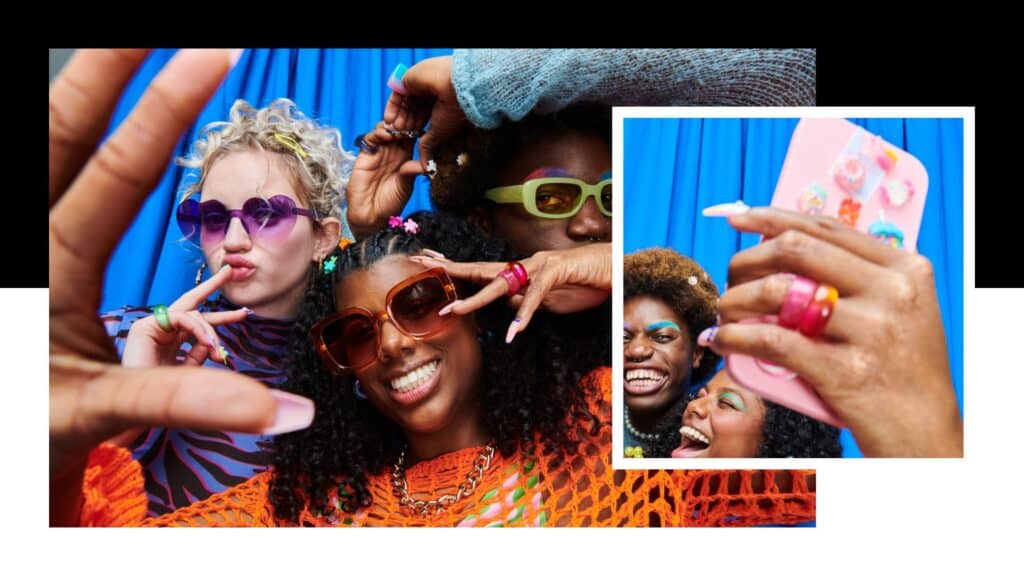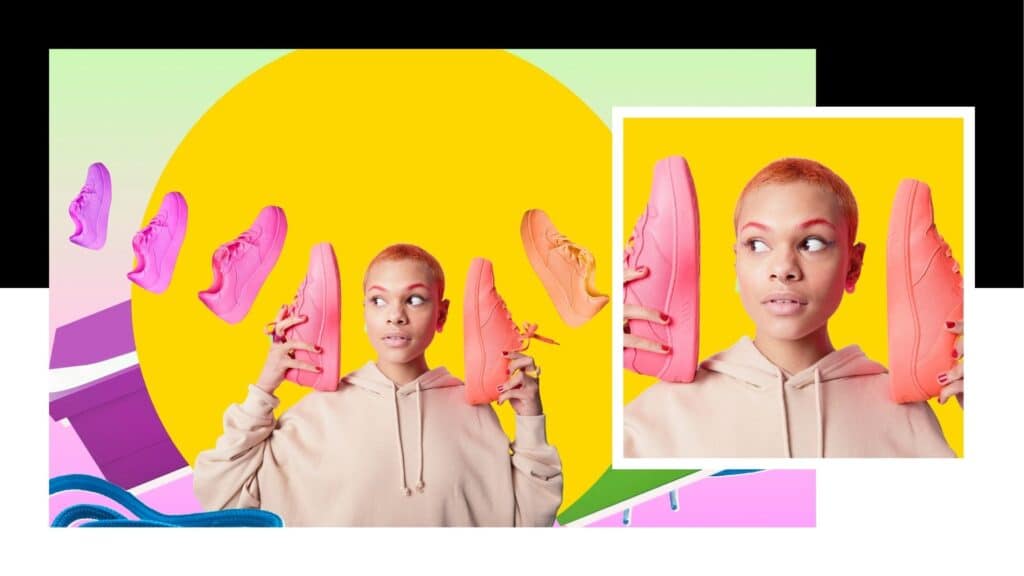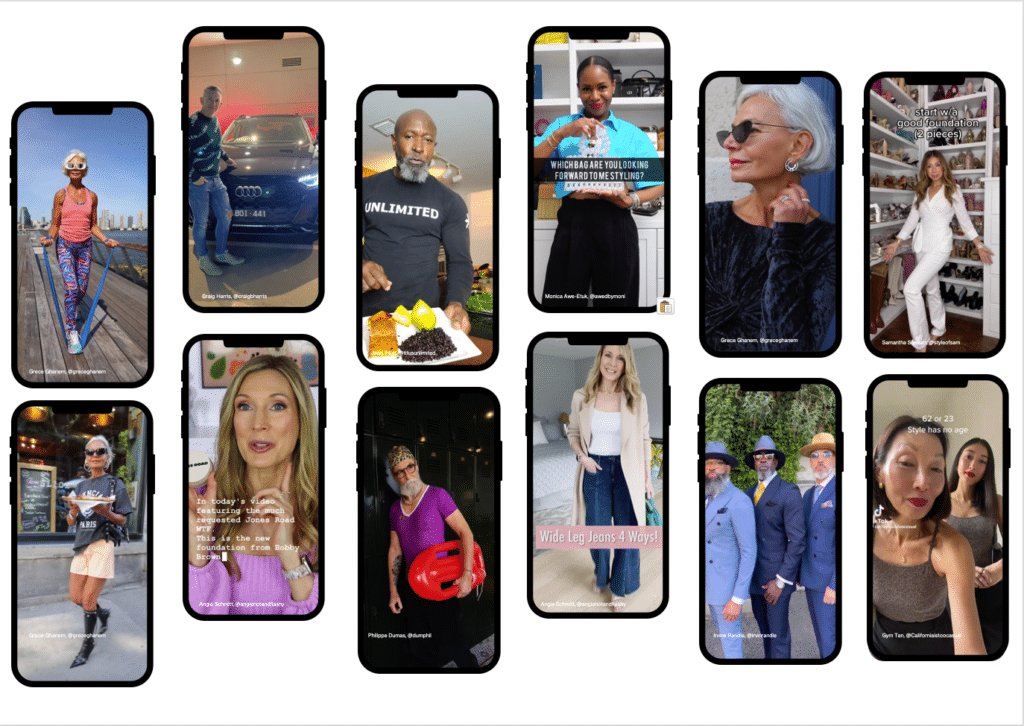One of the universally acknowledged truths in media and communications today is the war for talent. Talent, we are told, is the most important thing, and in extremely short supply – especially in ecommerce, analytics and data.
One of the reasons good people are so sought-after is the magic that happens when a truly expert, experienced individual sifts through reams of information to identify precisely the solution to a client’s problem. It’s what makes this industry so special.
But as the questions we receive become ever-more complex, agencies need to find a way to scale this expertise so that we’re not solely reliant on hiring superstars. We also need to ensure that these uber-experts are allowed to innovate without losing their expertise in any one area. The surest way to lose talent is a hefty workload that leaves no room for learning new skills.
One solution is to codify expertise in scalable software
This takes belief, long-term commitment and investment, but it is the only real sustainable solution to the talent crisis. At Wavemaker we have a product and development team with over 50 product managers, developers, data scientists, UX/UI designers, researchers and training experts. Collectively they work to take the brilliance of our specialists, understand our clients’ challenges, and codify the solution so that every client in every market can benefit from this knowledge every day.
The fact that they are all our own people (rather than freelancers or a third party) has been a game changer. We can join up the specialist practitioners working on client challenges with the product team from the get-go – explaining the business problem we are trying to solve and inviting them to client interviews. When this team isn’t part of the agency, their role usually starts with a production brief, detached from the iterative process that is working from the business problem right through to the solution.
As the pandemic put more and more pressure on people, what we heard most after a stellar meeting with one of our experts was ‘I wish I could clone you’ or our personal favourite: ‘Can we find a way to make your brain a queryable interface?’
With product and specialist working closely together, we identified a clear set of priorities for software – building solutions to make the expertise of our most experienced practitioners more widely available, in effect ‘cloning’ them.
The result is a set of breakthrough tools – one example is a global-first integration with Amazon to ingest their consumer data to create a tool called Audience Galaxy –developed by our most experienced ecommerce and planning leads working alongside developers. The iterative process we went through allowed us to build a solution that has delivered fantastically for our largest and smallest clients alike.

We went through the same process to develop Retail Compass, a tool that allows us to make Amazon search optimisations at a SKU level by looking across media, retail, organic and user input data. Having our employees do the work was again a big factor in the project’s success. Our lead developer got Amazon-certified and spent hours tinkering in the AMS interface – an investment in time we felt comfortable making in one of our own – and both parties were comfortable sharing data; this wouldn’t have been the case with a rotating cast of off-shore contractors. Several features that our practitioners use were stripped back to their bare bones by the UX team who insisted on making the tools so easy to use that everyone could use them – this meant we didn’t need to rely on a handful of our most experienced team members.
Our approach means we can go from concept to development rapidly – and with developers so integrated in the process and the agency we can keep iterating and adding features.”
Rob Marshall, Global Head of Product Design, Wavemaker
This is the first time many of our development team have worked on tools for a media agency, but they now understand so thoroughly how we work, the way we manage conflicts and balance deliverables, that we get to solutions super-quickly, with the best suite of tools custom-built by the expertise of our most talented practitioners and a dedicated development bench who know their CPMs from their CTRs.
The only real challenge we’ve had is that as COVID travel restrictions ease up, we need to choose a location for our first in-person summit – London, our consulting hub HQ, or Poland, where our product team sits!










